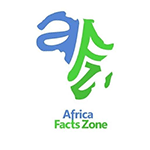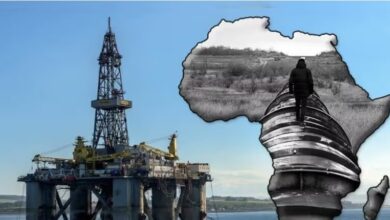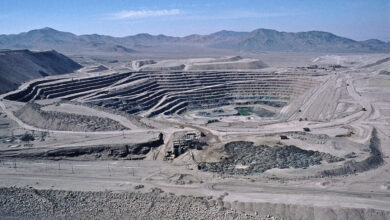Watch Footage How M23 Rebels took Over Goma and Made Dr Congo Forces Surrender

In a significant escalation of the ongoing conflict in the eastern Democratic Republic of the Congo (DRC), the M23 rebel group, reportedly backed by Rwanda, has seized control of Goma, the capital of North Kivu province. This strategic city, home to over a million residents and a crucial hub for international aid, fell to the rebels after intense fighting that led to the surrender of Congolese government forces.
The Fall of Goma
On January 27, 2025, M23 rebels advanced into Goma with minimal resistance from the Congolese national army. Eyewitnesses reported heavy shelling and gunfire throughout the city, resulting in widespread panic among residents. The rapid takeover has been described by the DRC government as a “declaration of war” by Rwanda, a claim that Kigali denies.
Humanitarian Crisis Unfolds
The capture of Goma has precipitated a dire humanitarian situation. Thousands of civilians have fled their homes, seeking refuge in neighboring regions and countries. The city’s main hospital is overwhelmed with casualties, and essential services have been severely disrupted. The United Nations and other international organizations have called for an immediate cessation of hostilities and have urged the M23 rebels to withdraw from Goma to prevent further civilian suffering.
International Reactions and Diplomatic Efforts
The international community has expressed deep concern over the developments in Goma. The UN Security Council has demanded the withdrawal of M23 rebels and other external forces from the region. In response to the escalating crisis, the presidents of the DRC and Rwanda are scheduled to meet to discuss potential resolutions.
Also Read: The Democratic Republic of the Congo (DRC) Facts, History, Culture & Travel
Background of the M23 Rebellion
The M23 rebel group, primarily composed of ethnic Tutsis, emerged in 2012, citing the defense of their community against persecution as their primary motive. The group briefly occupied Goma in 2012 before being driven out by Congolese and UN forces. The current resurgence of M23 has reignited longstanding tensions in the region, with accusations of Rwandan support for the rebels adding a complex layer to the conflict.
Implications for Regional Stability
The fall of Goma to M23 rebels marks a significant turning point in the DRC’s ongoing conflict. The city’s strategic importance and its role as a humanitarian aid hub mean that its capture could have far-reaching consequences for regional stability. The situation remains fluid, and the international community is closely monitoring developments to assess the potential for further escalation.
For more detailed coverage on this developing story, you can refer to reports from The Guardian





